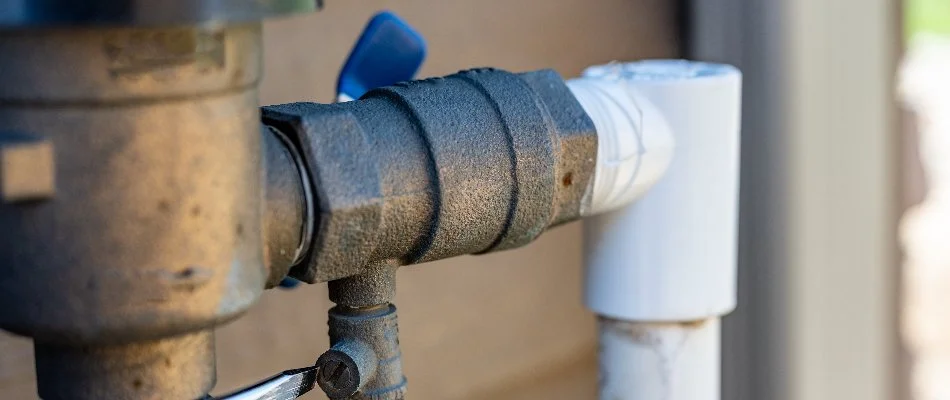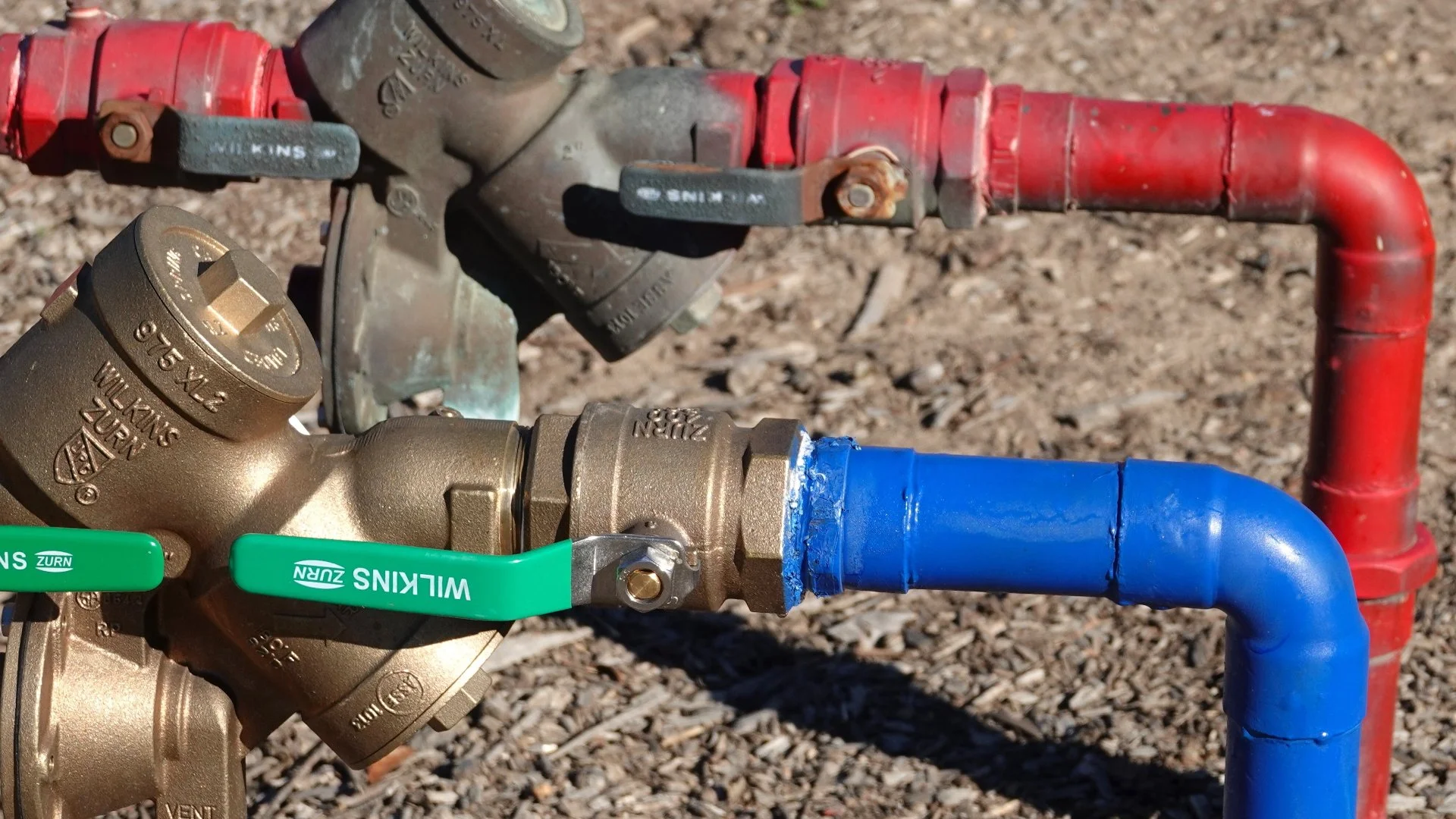Your irrigation system is important for keeping your lawn and landscape hydrated. However, backflow poses a serious threat to public health, which is why it's important to have your backflow prevention device tested every year. This device prevents contaminated water from entering your drinking supply by ensuring the water flows in one direction. It's required by law to have your device tested annually in many areas, including Tennessee. As you can imagine, having your device tested is crucial for protecting the health of you and others, ensuring you aren't ingesting any chemicals or contaminants. You can easily get this done by hiring local irrigation professionals to test your device for you, and they'll provide you with the paperwork needed to show the city that you tested it that year.
What are backflow prevention devices, and how do they work?
Your irrigation system's backflow prevention device is crucial for maintaining the purity of your drinking water. Normally, water flows in one direction, ensuring clean water enters your home or business while allowing dirt and contaminants to exit. However, if the flow reverses, contaminated water can enter your main supply. The backflow prevention device acts as a barrier, allowing water to flow only in the correct direction. This ensures that any backflow is stopped before it can reach your drinking water supply, keeping it safe and uncontaminated.
Backflow can result from back siphonage, which happens when there is a sudden drop in water pressure.
Why is it important to have your backflow prevention device tested every year?

Your backflow prevention device is a critical component in safeguarding the cleanliness of your drinking water supply, underscoring the importance of annual testing. A malfunctioning device can allow harmful water to contaminate your drinking supply, posing serious health risks from chemicals, fertilizers, and even waste. Regular annual testing ensures your backflow prevention device remains in optimal working condition, effectively preventing such contamination and ensuring that you and others continue to enjoy safe, clean drinking water.
Getting your backflow prevention device tested annually is required by law in Tennessee.
Ensuring the health and safety of yourself and your loved ones is a top priority. In Tennessee, testing your backflow prevention device is not just a good idea, it's the law. Local irrigation professionals can visit your property to perform the required testing so you don't have to worry. They'll assess the device's ability to prevent contaminated water from backflowing into your drinking supply. If the device fails, they'll promptly make any necessary repairs or replacements. If it passes, you can be confident in the cleanliness of your water. In either case, you'll receive the necessary documentation to show compliance with state regulations, and you can rest assured that your water is clean.
Call us today to schedule our irrigation startup service, which includes backflow testing!
Do you need your backflow prevention device tested this year? If so, we are here for you! At Herbi-Systems, we will test your backflow device as part of our irrigation startup service, which involves bringing your system back online after the winter to keep your grass and plants hydrated throughout the growing season! Our process is thorough, ensuring your system is brought back correctly and that your backflow prevention device is working as it should so you can have peace of mind knowing your drinking water is safe.
This service is not only for residential property owners, but also for commercial property owners and HOAs in Memphis, Collierville, Germantown, TN, and nearby cities. Call us today at (901) 382-5296 to schedule our irrigation startup service and have your backflow prevention device tested to ensure that your drinking water is hazard-free.



Comments (0)
Thanks for your comment!
Thanks for your feedback! Your comments have been successfully submitted! Please note, all comments require admin approval prior to display.
Error submitting comment!
There is a problem with your comment, please see below and try again.